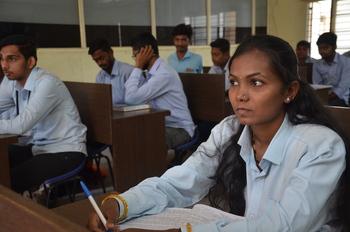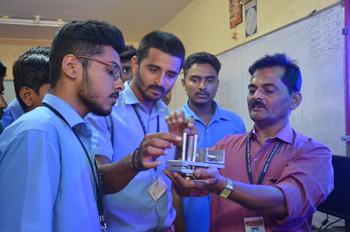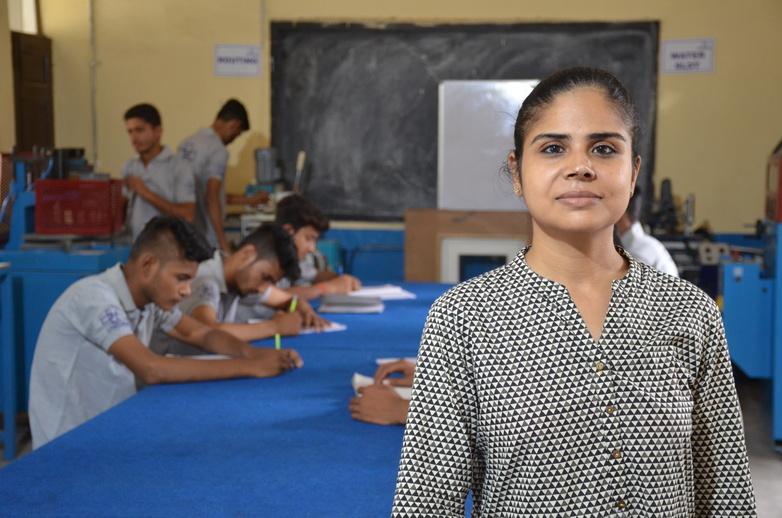Approach
The cooperative VET models that have already been developed in the predecessor project are now to be expanded to further sectors and regions. To this end, the project supports the implementation of the models in what are known as clusters. A cluster is a group of companies from a specific sector in a specific region that is represented by a chamber or industry association. The project works closely with the chambers and industry associations and decides together with their members which model of cooperative VET best suits their needs. The selected model is then implemented in collaboration with interested vocational schools and responsible government actors and accompanied by capacity development measures. To ensure a secure long-term footing for the newly introduced models, the project provides advisory services to the governments of individual federal states as well as the Indian Ministry of Skill Development and Entrepreneurship (MSDE).
Specifically, the project is working in the following areas:
Involvement of the private sector:
The cluster approach allows companies of all sizes to actively help design cooperative VET offers in their respective region and industry. At the same time, the approach fosters cross-cutting dialogue between public and private sector actors.
Improvement of cooperative VET:
The project empowers instructors and principals from vocational schools and in-company trainers to coordinate school- and workplace-based training modules. Furthermore, the project makes sure that all cooperative VET models are aligned with India’s national and federal-state training standards.
Replication and systemic change:
The lessons learned and experiences gained are carefully documented and form the basis for reform proposals that are submitted to the federal governments as well as the Ministry of Skill Development and Entrepreneurship. The proposals provide facts for successful implementation in other industries and regions, for political dialogue with other specialist ministries and for strategy adjustments relating to cooperative VET.
Gender equality in VET:
The programme systematically involves female trainers and principals, women entrepreneurs and female employers in the design and implementation of cooperative VET models. Concrete recommendations for gender equality are also integrated into reform proposals.
Last update: February 2021


